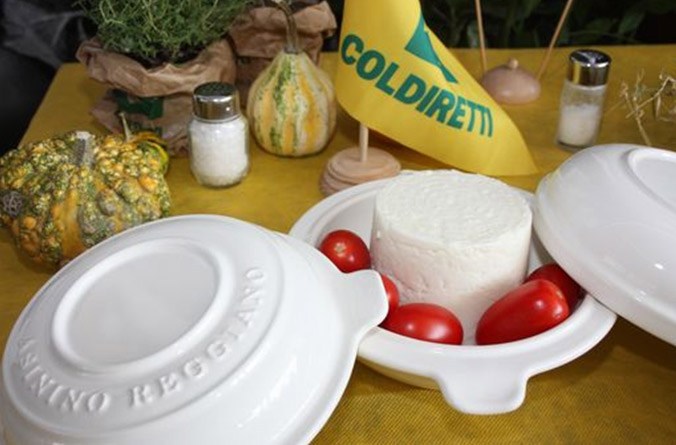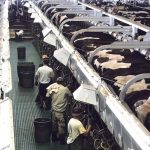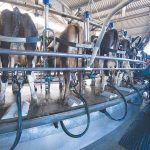
Dr Giuseppe Iannella, with Food Science and Technology Research in Italy, says the new method, using natural thickening agents, improves the yield to 16 percent.
This, he says, makes commercial cheese production from these milks more feasible.
Iannella’s earlier work led to the creation of Asinino Reggiano — the first cheese made from 100 percent donkey milk.
He discovered that camel chymosin -– the enzyme found in camel rennet -– is able to effectively clot equid milk if performed through what he describes as an appropriate technological process.
However, low cheese yields for donkey and horse milk using these protocols, together with a higher cost of the raw material, limit practical application.
Also, in terms of camel milk, the process is technically more difficult than milk from other domestic dairy animals because of the poor rennetability of camel milk.
Iannella’s new method relies on the use of locust bean gum, k- carrageenan and lactic coagulation in what he calls a dedicated process.
The whey proteins of milk with this method are withheld and this improves the efficiency of making cheese and increases the yield, while preserving the body and texture of cheese prepared by conventional processes.
He believes this protocol, or one similar, could lead to commercial-scale cheese production using donkey, horse or camel milk.
foodtech.iannella@gmail.com























